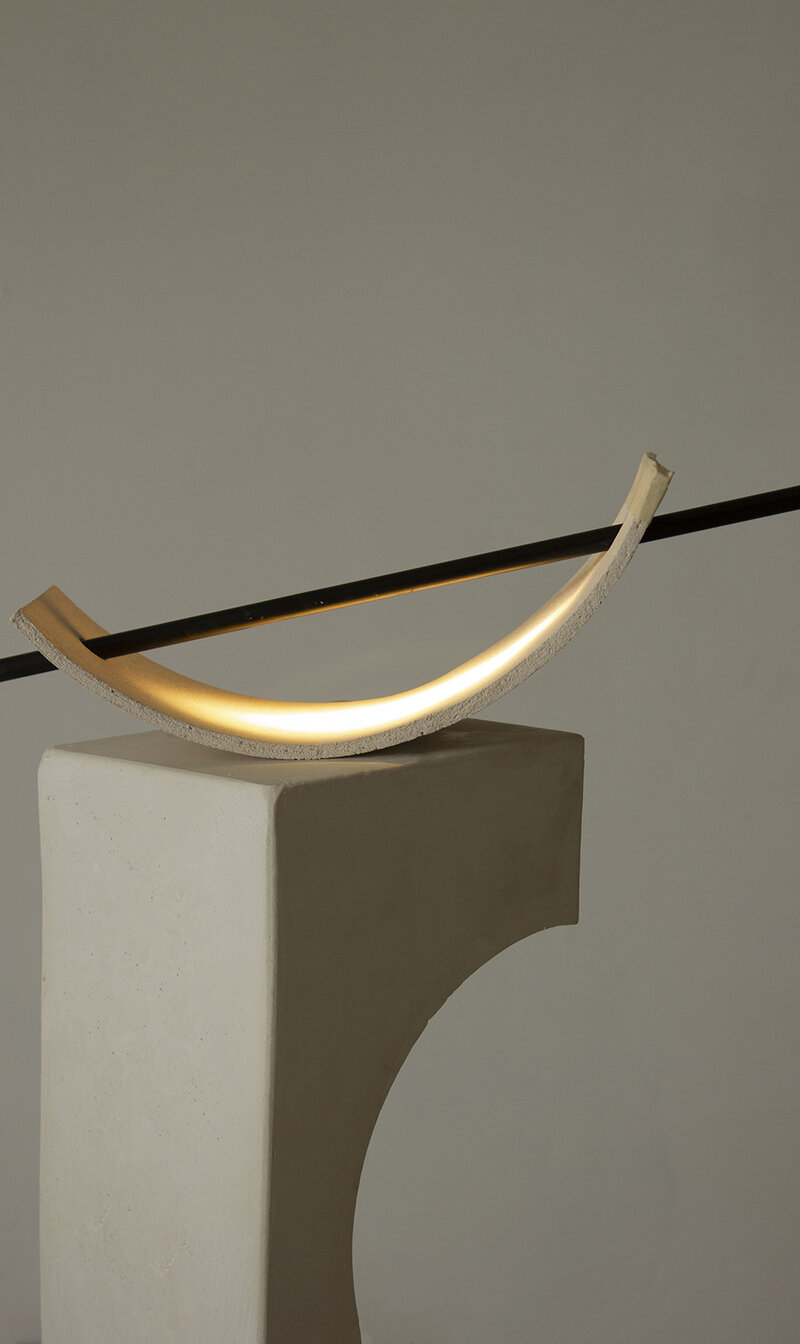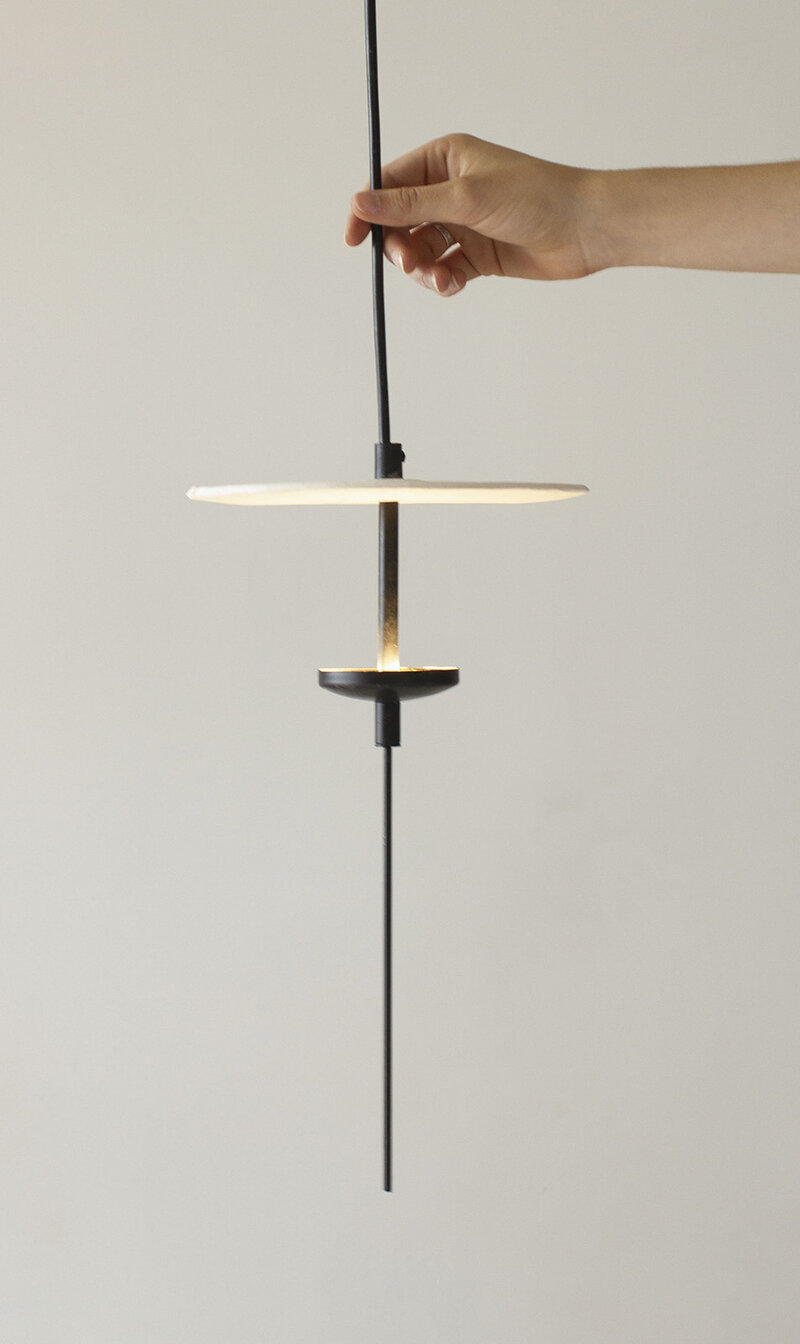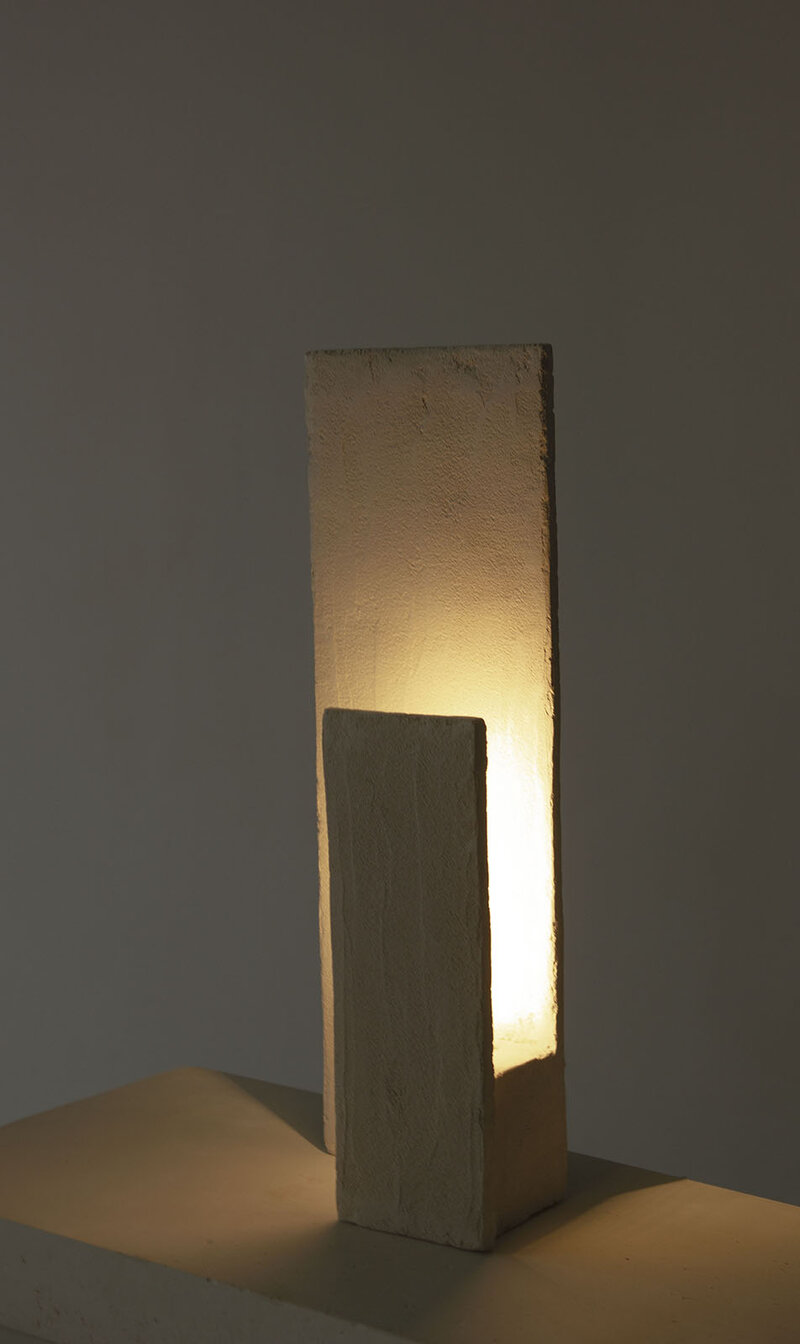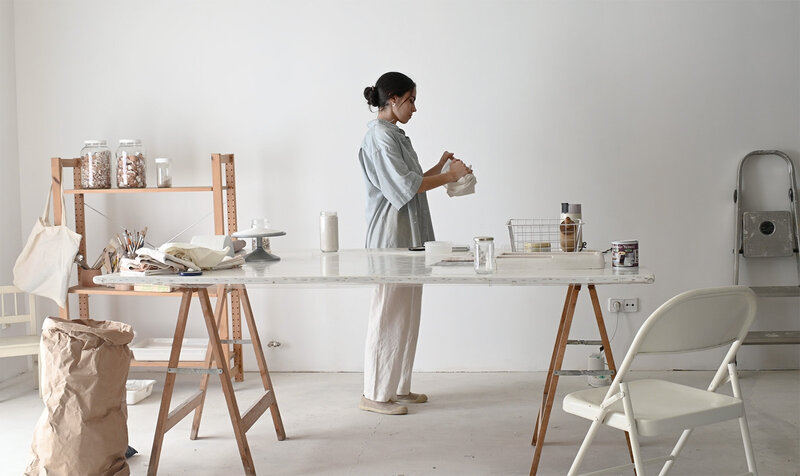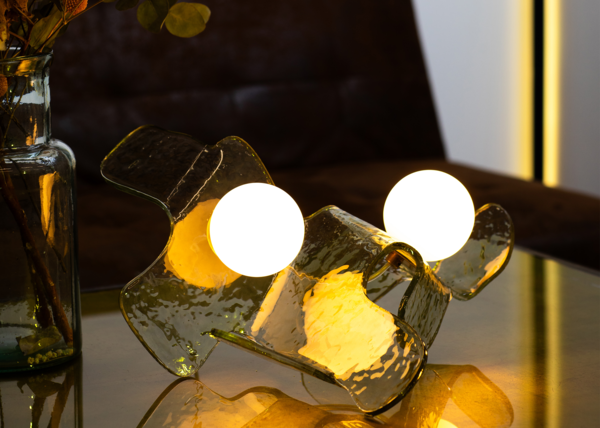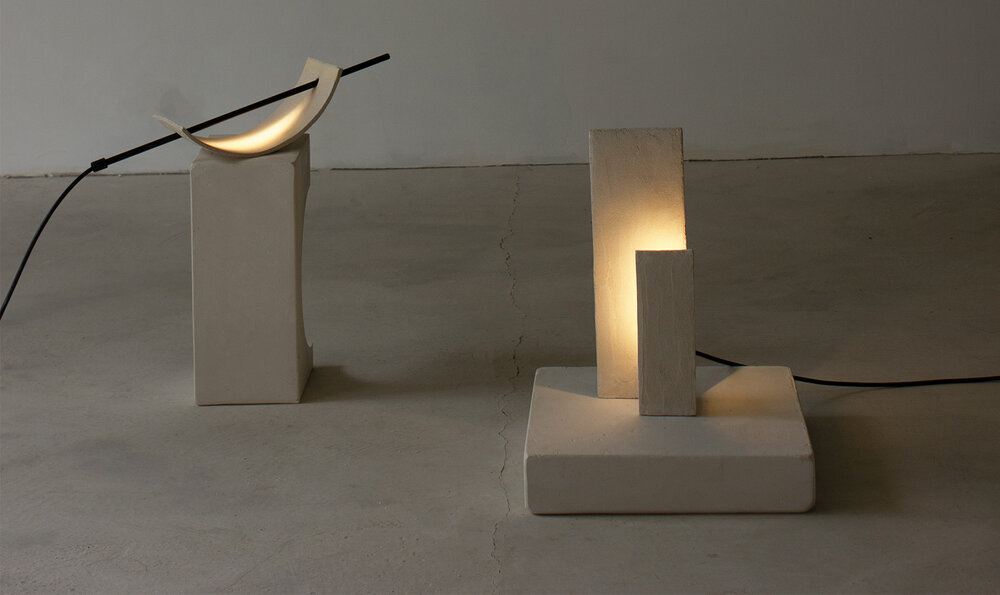
SELO
Product Design student Inés Balbás turned eggshelds into lamps
Academic year
2021
This project is the result of an ongoing process of experimentation with organic residues. The question “How can we transform waste into desirable products?” was a concern the product design student from IED Madrid Inés Balbás had for some time and wanted to work on.
The current economic system does not take into account the impact caused by the journey of a product from its manufacture to its final destination. Faced with the urgent need for an efficient and cyclical approach, society is forced to give greater importance to the origin of the materials we use as well as the creative and production processes.
"Waste from the food industry is extremely abundan. We only have to look around us. Restaurants, households, canteens or factories generate a large amount of organic waste with great potential for innovation", explains the student.
Eggshells are a common and easily accessible by-product. Usually, after fulfilling their natural function, they no longer serve a purpose. As a result, they end up in a landfill along with other organic waste. The aim of this project was to give them a second chance and use them as a resource to create a new biomaterial.
Before achieving a suitable result, multiple tests were performed. The eggshells were turned into powder and then mixed with natural and biodegradable binders derived from algae, jellies and resins. The outcome was a ceramic-like material that could be manipulated by hand or poured into a mold, making it suitable for shape experimentation and design.
This new biomaterial was used to create a collection of poetic and sculptural lighting pieces. Together they aim to convey calm and intimacy. The light, always directed towards the material, highlights it, but the design enable the pieces to blend into any kind of space.
The approach to this project has been mostly focused on the experimental and practical side. However, it stimulates reflection on how to add value to waste and brings us closer to a more conscious world.
